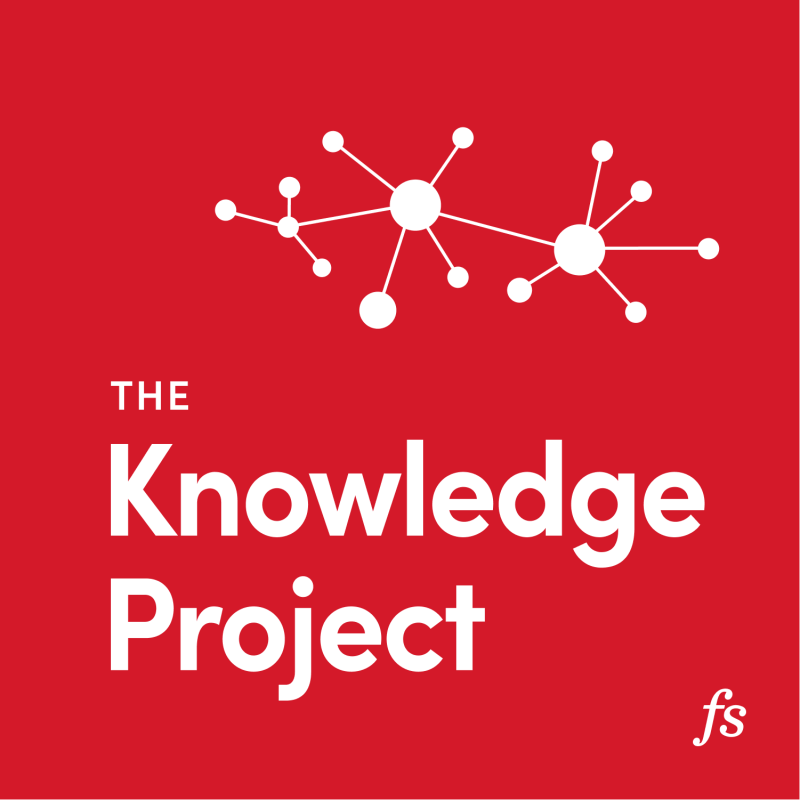My guest is celebrated research psychologist Gary Klein who has spent nearly 50 years studying how and why people make the decisions they do.
We discuss naturalistic decision making, the crucial difference between experience and expertise, why some people stagnate and others progress, Cognitive Flexibility Theory, the role of storytelling, surprising ways to gain insights, fixation errors, cognitive biases, mental models, accelerated learning, and so much more.
Listen and Learn: YouTube | Apple Podcasts | Spotify | Transcript
During his career, Klein has developed several models of cognitive processes as well as research and application methods, some of which have been incorporated in U.S. Army doctrine for command and control. In 2015 Klein founded ShadowBox LLC, a cognitive skills training company that has been employed in the military, law enforcement, healthcare, social services, and petrochemical domains, and provides a flexible, scenario-based training technique that allows trainees to see the world through the eyes of experts. He is also the author of five books, including the 2013 release Seeing What Others Don’t: The Remarkable Ways We Gain Insights.
Some Highlights:
Experts are highly aware of mistakes, but people who are journeymen, many of them stay as journeymen because they want to move on and forget about their mistakes.
I think the idea of a decision journal is a great idea. And I hadn’t heard of that before. I would like to know when the employee is making a decision, what is the decision, what are the goals that the employee wants to achieve.
My idea of a mental model started out with how something works and now it includes all four of these components, how it works, what its limitations are, how to work around them, and how to anticipate confusion on the part of people who I’m going to be working with.
Cognitive flexibility theory is the notion of trying to help people achieve expertise by preventing them from locking into routines and standard ways of doing things so that they can become more naturally adaptive.
Instead of just checking the boxes, you want to be curious about what do they think. “What are your thoughts about this? Do you have a different sense of what’s going on here? Or what our goals can be? Now, let’s capture that.” So that’s the way to go around the table, not in a rote fashion.
Timestamps:
00:00 – Intro
01:02 – What sparks insights for decision-making?
08:08 – How to maximize insights personally and institutionally
12:59 – On changing experience
14:45 – What’s the difference between expertise and experience?
20:33 – How do we evaluate people’s decision-making?
29:30 – What Gary means by “Mental Model”
31:45 – Reflections on the Learning Loop
34:47 – What role do stories play
37:28 – On exploring anomalies
42:29 – How do people become true masters of their practice?
48:29 – Cognitive Flexibility Theory
50:09 – How to conduct useful pre-mortems
01:01:13 – How to limit cognitive biases
01:08:04 – How to make team decisions
01:21:51 – The Zone of Indifference
01:24:57 – On shadowboxing
01:33:34 – What role environment plays in decision making

